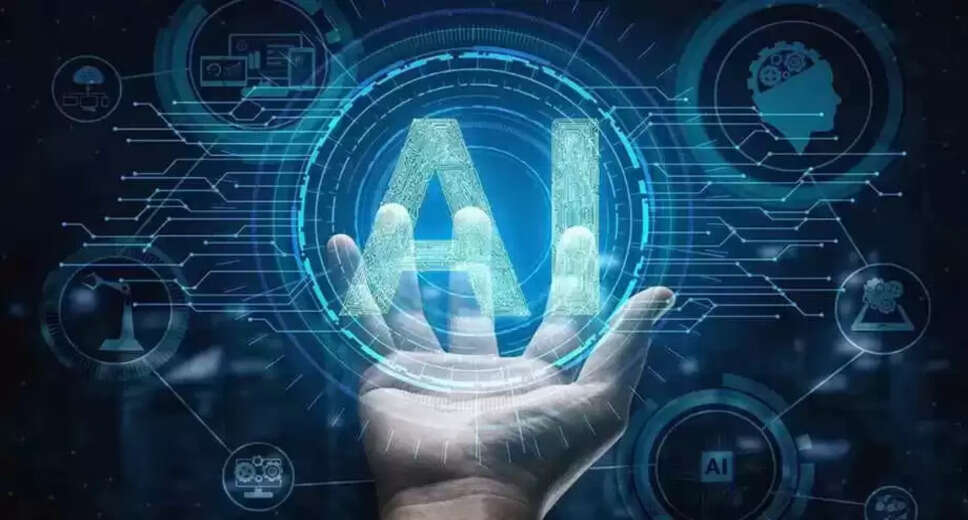The Future of Education: How AI is Set to Revolutionize Learning

AI's Transformative Role in Education
AI's Impact on Learning: The education landscape is poised for a significant transformation due to artificial intelligence. Experts from the Harvard Graduate School of Education predict that within the next three decades, AI will not only alter conventional teaching methods but also offer students an entirely new educational experience. This insight was shared by renowned psychologist Howard Gardner and AI specialist Anthea Roberts during the Askwith Education Forum held recently.
According to Gardner, a proponent of the multiple intelligences theory, by the year 2050, students will primarily focus on fundamental skills such as reading, writing, mathematics, and basic coding in school. The educational framework will shift towards teachers facilitating and nurturing students' individual interests.
Potential Obsolescence of Traditional Education:
Gardner emphasized that AI is ushering in a revolutionary change in education. He noted that many cognitive tasks, including discipline, creativity, and analytical thinking, can now be efficiently handled by AI systems. However, he stressed that AI cannot replicate essential human traits like morality and respect.
Emerging Roles for Educators and Learners:
Anthea Roberts, a visiting professor at Harvard Law School and the creator of the AI tool Dragonfly Thinking, highlighted that future students will need to collaborate with AI. She illustrated this by mentioning instances where students guide AI systems.
Roberts shared that AI has significantly influenced her research and professional activities, as she frequently interacts with advanced AI models such as GPT, Gemini, and Cloud.
During the forum, Professor Martin West pointed out that over 10% of interactions on ChatGPT pertain to teaching or tutoring, indicating that AI is already becoming a vital component of education.
Importance of Human Values:
Experts reiterated that despite the profound changes AI may bring to education, core human values such as ethics, critical thinking, and mutual respect will always be crucial. Gardner remarked that future generations will view this period as a monumental shift in educational practices. Roberts advised educators to find a balance in their AI usage, ensuring it enhances students' critical thinking and learning capabilities rather than merely simplifying tasks.
Selected candidates must fulfill all required formalities before their appointment and prepare for their new governmental roles. Those with provisional results are required to submit original documents within the designated timeframe to confirm their selection. Following document verification, the respective ministry will issue a joining letter detailing their posting, training, and reporting instructions.
